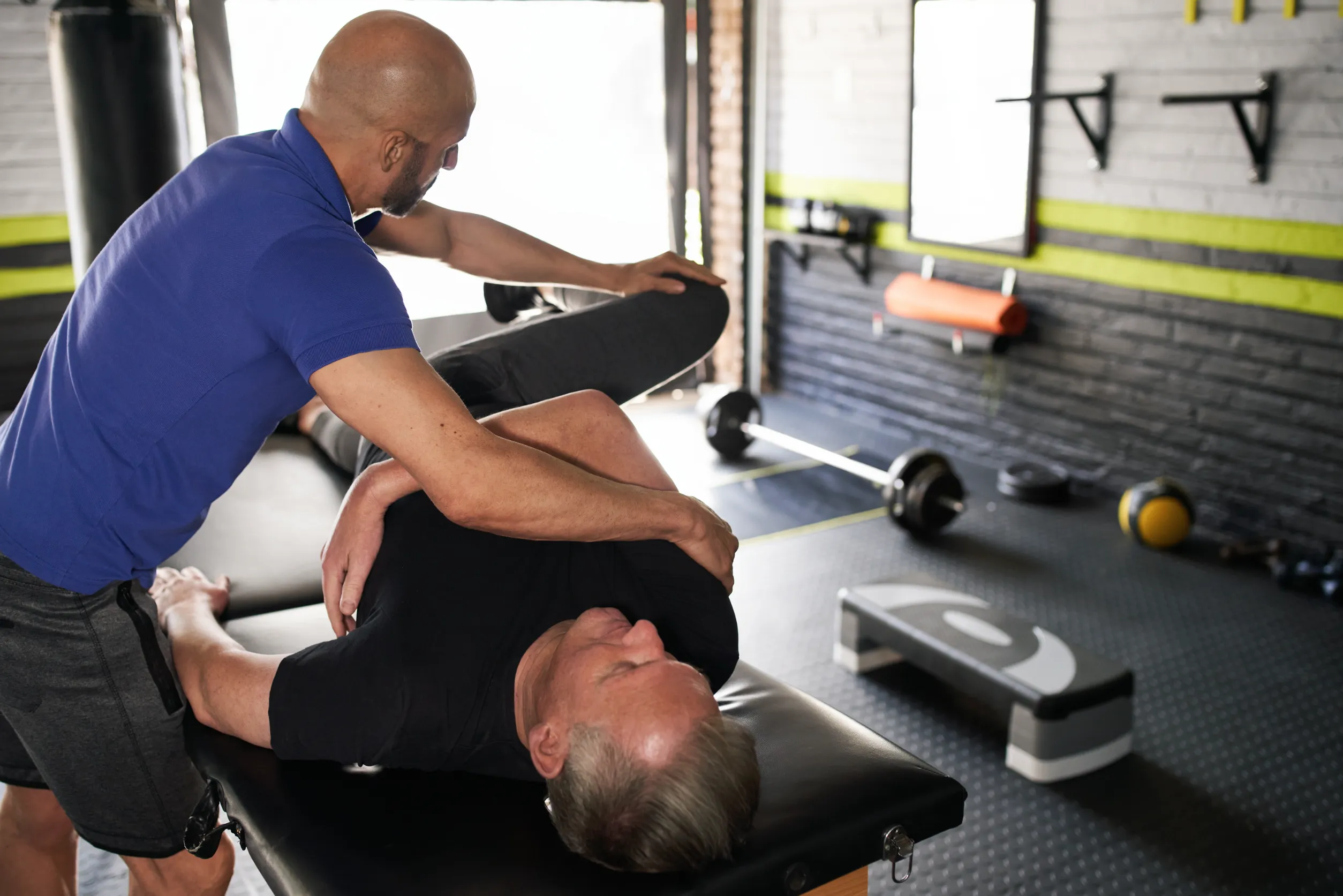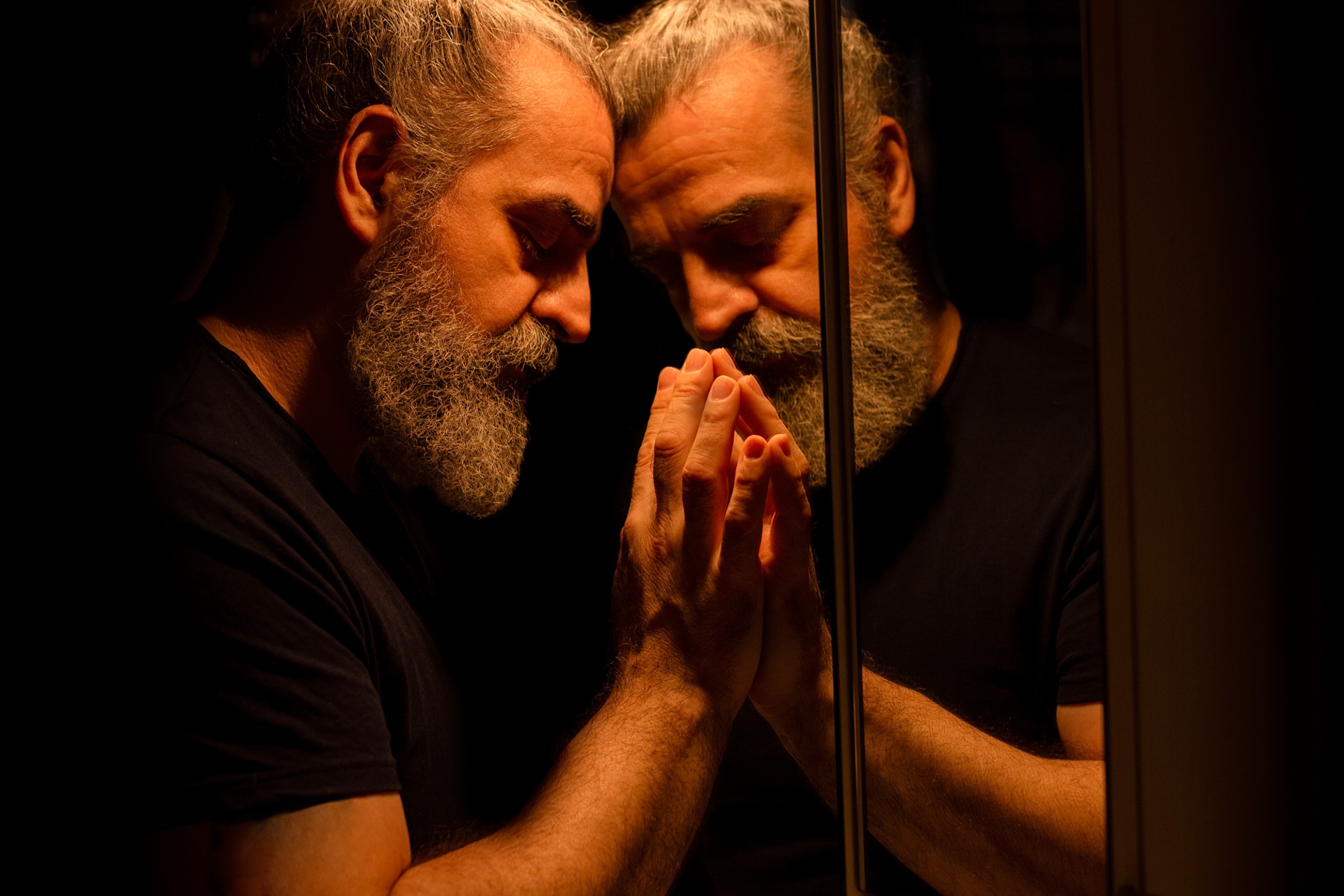What are your habits?
You may immediately think of some negative habits. Things no one is proud of or are downright rude. Like, biting fingernails, cutting people off mid-sentence, or checking our phones ad nauseam? The thing is, I bet that you have some pretty great habits as well. Like, kissing your significant other when you leave in the morning, brushing your teeth at least twice a day, and putting your car keys in the same place when you get home. These are all simple and good habits
Why is this important?
Habits are our behavioral autopilot. If you are unsatisfied with the state of your overall health, it is often a result of your habits, or at least can be improved with new habits. It is important to understand that your old habits don’t make you a bad person, but still realize that in order to achieve your wellness goals, old habits must change. After all, it’s those very habits got us into this mess, or are keeping us from improving.
Change is not easy.
Jonathan Haidt identifies two halves of the human mind in his book, The Happiness Hypothesis. He labels these the Rider and the Elephant. The Rider represents the rational, analytical mind and the Elephant the emotional side. These two guys are traveling together but often disagree and get lost. For example, the Rider can get bogged down in analyzing and overthinking becoming paralyzed while the Elephant is skittish and lazy and looks for the easy way out. The Elephant is strong enough to pull the wheel-spinning Rider along. An emotional and mental tug of war that keeps us mired in our old habits. But there is hope!
In their excellent book, Switch, Chip and Dan Heath discuss that for lasting change to occur you have to appeal to both sides of the brain to get them working together. You do this by directing the Rider and motivating the Elephant. The Rider has his weaknesses but is also a planner that can plot a course for a better future. You just have to provide the right plan. The Elephant is strong and when spurred on by the correct emotions is a great ally. Here are a few of their suggestions:
Direct the Rider
- Find the bright spots. Ask yourself this question, “What’s working and how can I do more of it?” Odds are you are doing some things right. Maybe you always take the stairs at work instead of the elevator. Great! Don’t get bogged down thinking that the activity isn’t strenuous enough. Keep doing it and look for other opportunities to include similar things.
- Script the critical moves. Ambiguity is the Rider’s enemy. Too many choices lead to “paralysis by over analysis” so to drive real change take out the guesswork. “I will only eat starchy carbohydrates for breakfast or immediately following an intense workout.”
Motivate the Elephant
- Find the feeling. It is always easier being negative than positive. We tend to be wired for it. If you have begun to eat more healthfully and/or exercising you probably have begun to feel better. Maybe you have even lost a few pounds. Awesome! You should feel proud of your accomplishment and realize more is on the way. Don’t let negative thoughts creep in and disrupt your progress but instead hold on to the positive feelings to keep you moving forward. Remember, your old habits took years to get you where you are and it won’t turn around in a day, week or month
- Shrink the change. People find it very motivating to be partly finished with a longer journey because they may realize they are closer to the final destination than they might have thought. “You wanted to lose twenty pounds and have already lost five! All you did was give up soda and increase your lunch hour walk. Think of where you will be in another month if you keep it up!” This sense of progress is critical to keep the easily derailed Elephant on track.
Putting it in practice
Change is difficult so don’t take on too much too soon. Begin by focusing on improving one old habit or creating one new one. Make this change stick for three weeks before taking on another habit change. Research shows habits are formed by 21 days of consistent behavior but be aware that your old habits are easy to slip back into if you are not careful.
–Coach Brad


